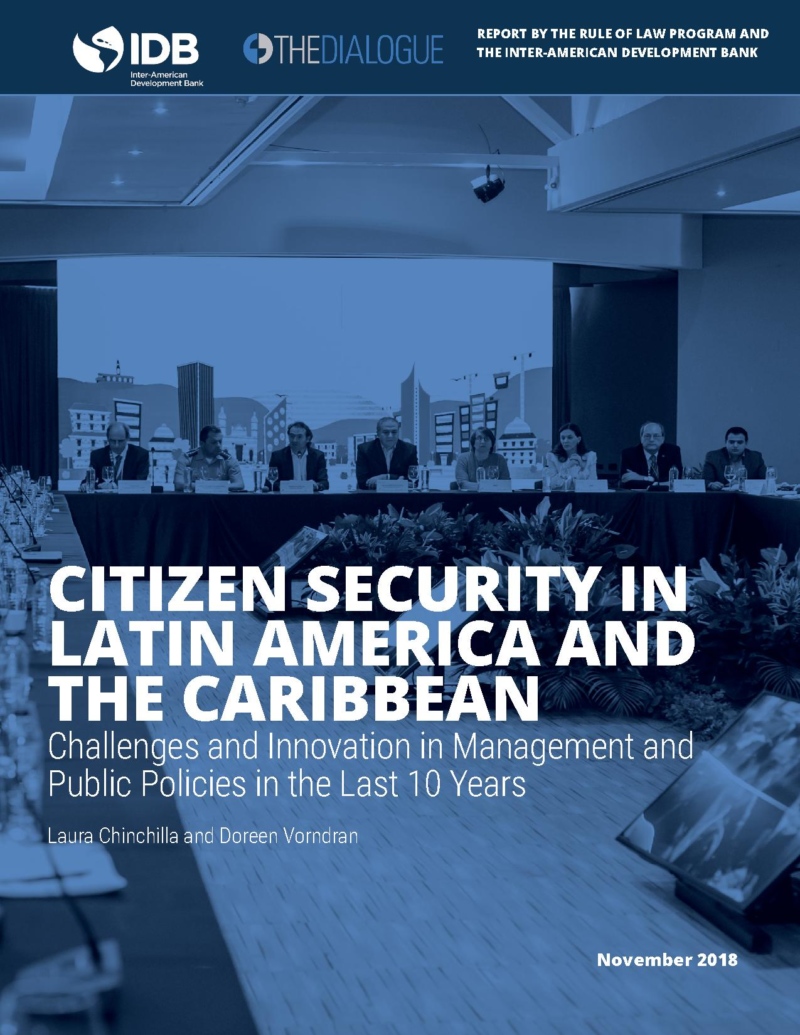IACHR Report on Citizen Security & Human Rights
Citizen security remains a top concern for most Latin American governments as crime and violence spiral out of control and cripple political and economic institutions in the region.
This post is also available in: Español
Latin America and the Caribbean (LAC) have been waging a war of low intensity, with high mortality and exorbitant economic, social and political costs. Although the region does not have active armed conflicts, its levels of violence include the highest homicide rate in the world: 22.3 homicides per 100,000 inhabitants in 2015, compared to the global average of 5.3. This critical situation has created a state of social alarm, making citizen security the leading citizen concern and placing it at the top of the political agenda.
In the last decade, Latin American and Caribbean governments have advanced towards a systemic management of citizen security and justice issues, integrating strategies of crime and violence prevention and control, the application of justice, and social rehabilitation. The region has moved from reactive and punitive approaches to the design and implementation of comprehensive models focused on human rights and multisectoral coordination. Likewise, security institutions were decentralized to incorporate multiple institutional and social actors at different levels of government. In addition, in terms of public policies, the use of a range of tools for management by results, coordination, planning, financing, and evaluation of programs was promoted. Unfortunately, conceptual and doctrinal advances have not been incorporated with the necessary speed to address the high levels of crime and violence faced by the region. The four main institutional challenges to citizen security are: i) comprehensiveness, ii) multisectoriality, iii) rigorousness, and iv) sustainability and scalability. The ten recommendations formulated in this document propose actions aimed at accelerating the transformation of security governance.
Citizen security remains a top concern for most Latin American governments as crime and violence spiral out of control and cripple political and economic institutions in the region.
On November 3rd, the Dialogue co-hosted an event with the George Washington University Elliot School of International Affairs Latin American & Hemispheric Studies Program for a discussion on corruption, transparency and citizen security in Latin America.
The Dialogue, together with the Inter-American Development Bank (IDB), hosted an event on March 2nd to launch the study “The Cost of Crime in Latin America and the Caribbean” with Nathalie Alvarado, Principal Specialist in Citizen Security at the IDB; Laura Jaitman, Citizen Security Specialist at the IDB; Angela Me, Chief of the Research and Trend Analysis Brand at the UNODC; Desmond Arias, Associate Professor at Georgetown University; and Michael Shifter, President of the Dialogue.


